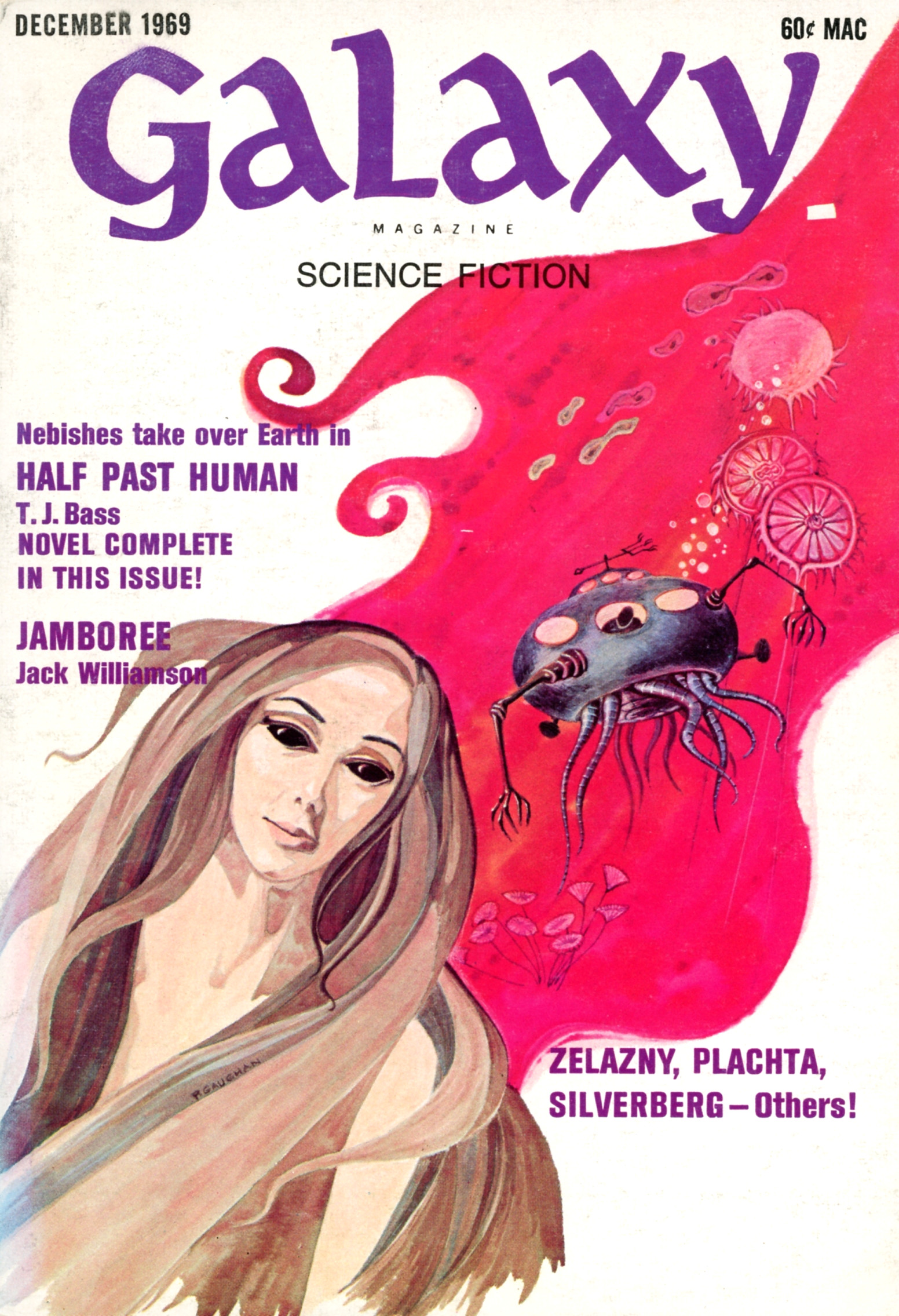Tune in, starting November 13, for twelve days of Apollo 12 coverage!

by Gideon Marcus
Happy Anniversary
A year ago, Richard Milhouse Nixon won the Presidency in part on his "secret plan" to get us out of Vietnam. A few months into his term, besieged by increasingly strident demands for progress, National Security Advisor Henry Kissinger urged patience. If things weren't resolved by November, then we would have cause to complain.
Last week, President Nixon revealed his plan for "Vietnamization" in a prime time television address. It called for eventual turning over of the reins of war to the South Vietnamese. However, the President refused to set a timetable for this turnover, saying that such would lead to undue Communist advantage. Nixon suggested that America might step down its bombing by, say, 20%, and see if the North Vietnamese match our draw-down, but the Paris peace talks are dead, and the U.S. would stay the course as long as was necessary.

The President concluded by asserting that the "silent majority" of Americans was behind his plan, and that no foreign power could defeat the United States: defeat could only come from within.
Well, you can imagine that this statement, tantamount to a continuation of President Johnson's pre-1968 policies, did not sit well with a lot of folks, including a host of Congressmen. The unquiet minority also plans to make their voices heard in a second Moratorium march in a few days. We'll see if it has more impact than the last one.
In Other News
If Nixon's address was something of a disappointment, in contrast, the latest issue of Galaxy makes for consistently pleasant reading:

by Jack Gaughan and Phoebe Gaughan
Continue reading [November 12, 1969] Leadership initiatives (December 1969 Galaxy)

![[November 12, 1969] Leadership initiatives (December 1969 <i>Galaxy</i>)](https://galacticjourney.org/wp-content/uploads/2024/11/691110galaxycover-672x372.jpg)
